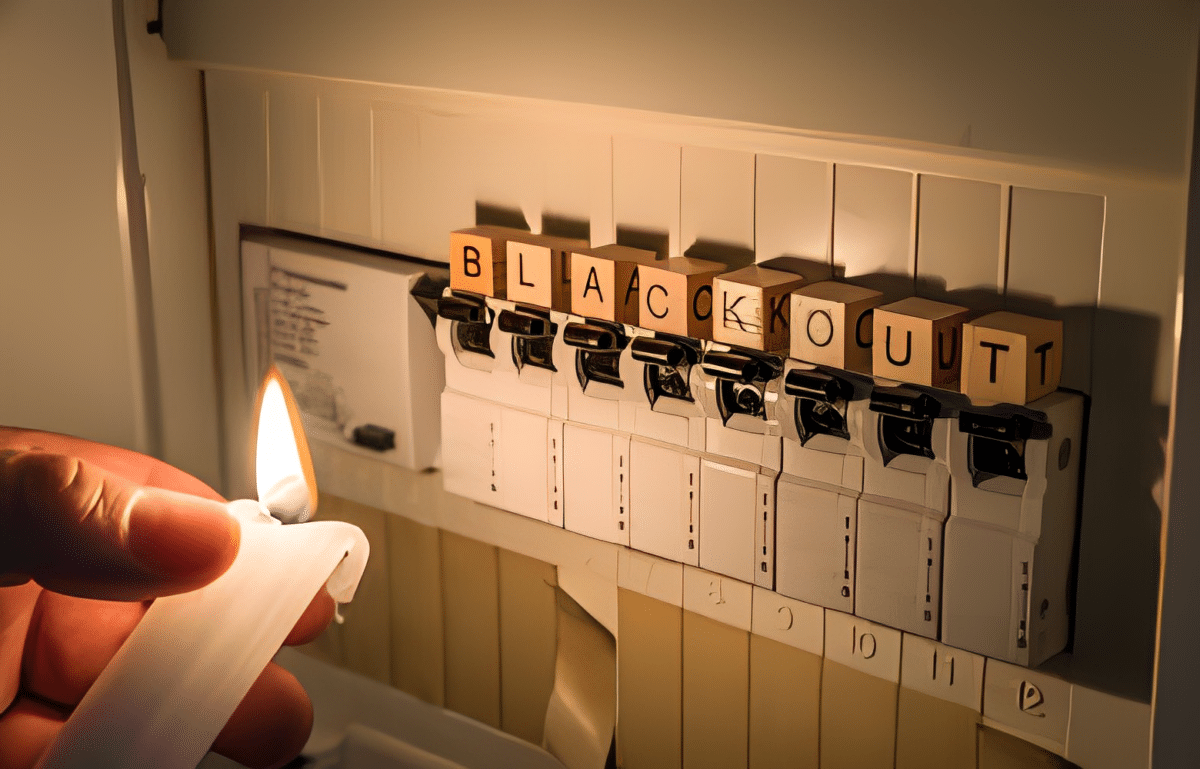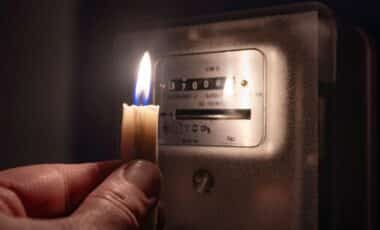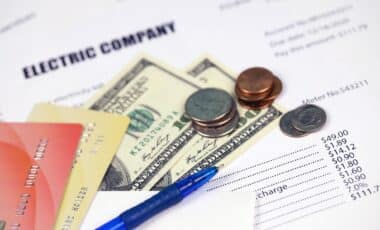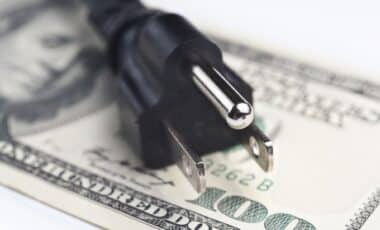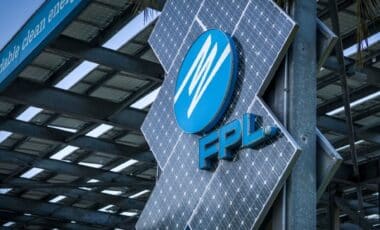Following global climate alarmism and the need to reduce carbon emissions, the UK is undertaking a monumental shift to renewable energy. However, in this laudable transition, concerns have arisen about the stability of the electricity grid and the potential for disruptive blackouts.
The UK’s Renewable Energy Transition
The UK has a significant challenge in transitioning to renewable energy sources. To meet decarbonisation goals, the National Grid must shift from relying on gas and nuclear power to intermittent wind and solar energy. Yet, there are still limited technologies and infrastructure to store energy from these renewable sources.
By 2035, the United Kingdom will have retired all the existing gas and nuclear power stations that currently provide stable baseload electricity. The completion timeline for Hinkley Point C, the UK’s first new nuclear power plant in over 20 years, is still uncertain. As traditional power sources are retired, the burden will fall on renewable energy to meet demand.
Risk of Electricity Blackouts
The integrity of the National Grid may be at risk from foreign manipulation after a startling revelation that certain home charging points for electric cars have been identified as a potential vulnerability. The Office for Product Safety and Standards intervened last week, mandating the cessation of sales of Wallbox’s Copper SB chargers. Why? Hackers could exploit these chargers, activating thousands of units at once and potentially crippling our national power infrastructure.
Nevertheless, when we are already on the brink of self-inflicted chaos, do we really need outside forces to destabilise our electricity grid? The possibility of an electricity shortage is a looming spectre on the horizon. Irrespective of the election outcome, the new government is dedicated to decarbonising the national grid.
The Conservatives aim to achieve this target by 2035, while Labour aims to achieve it by 2030. This requires either the closure of all gas-fired power stations or equipping them with unproven carbon capture and storage technologies.
Electricity Supply on the Rise
Moving towards renewables comes as electricity demand rises due to the introduction of electric vehicles and heat pumps for domestic heating. Although the National Grid’s plan relies on green hydrogen and imported renewable energy to meet demand, the viability of these solutions at scale is unclear.
National Grid plans to use smart meters and dynamic pricing to manage shortages. However, many installed smart meters are currently operating in ‘dumb’ mode, and consumers have reported issues with remote meter readings and fluctuating costs.
Even if your meter works, don’t be deceived by any claims of savings. If ‘dynamic tariffs’ are introduced, they are unlikely to be anything like Economy 7, where prices are fixed for the day and night and are easy to follow. In addition, the government’s drive to massively adopt smart meters suggests a heavy reliance on demand-side management to balance the grid.
In the face of such uncertainty, how do we ensure a reliable supply of electricity? Unfortunately, satisfactory answers seem to be in short supply from ESO, the National Grid, the entrusted guardian of our energy security.
Frequently Asked Questions (FAQ)
- Are Electric Car Charging Stations Really Vulnerable to Piracy?
Indeed, some domestic charging stations have been identified as potential targets for malicious exploitation, necessitating regulatory intervention. - Does Decarbonisation of the National Grid Have Any Implications?
Efforts to decarbonise involve a transition away from fossil fuel-based electricity generation, which presents both environmental opportunities and logistical challenges. - How do Smart Meters Contribute to Energy Management?
With smart meters, energy consumption can be tracked in real time, facilitating demand management strategies aimed at balancing supply and demand. - How Will Renewable Energies Contribute to Future Energy Security?
Renewable energies such as wind and solar power are essential components of a sustainable energy future, even if they have inherent intermittency problems.

